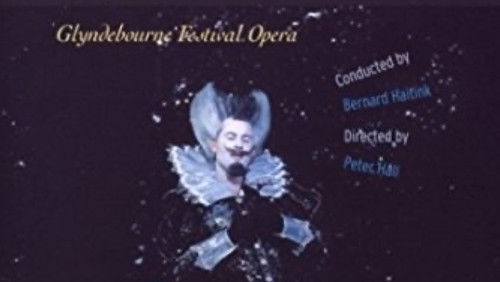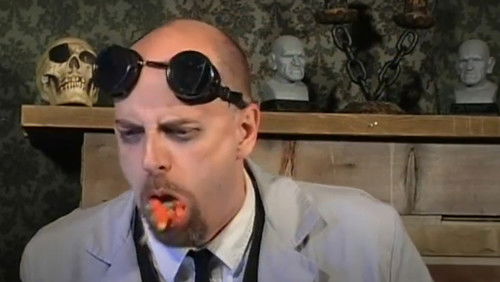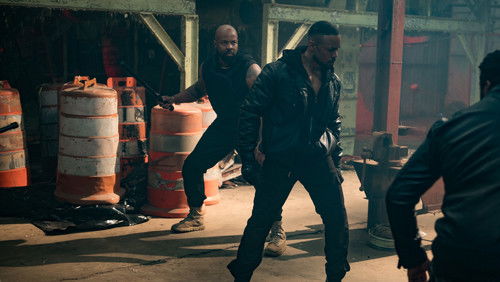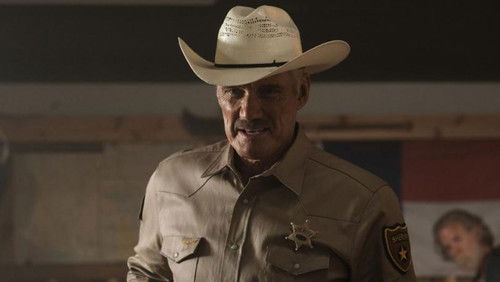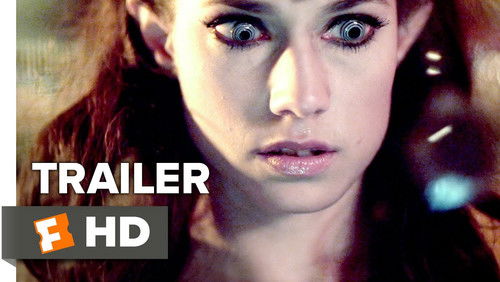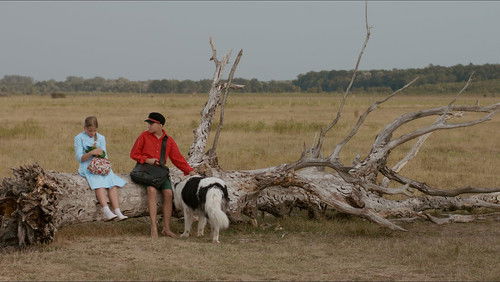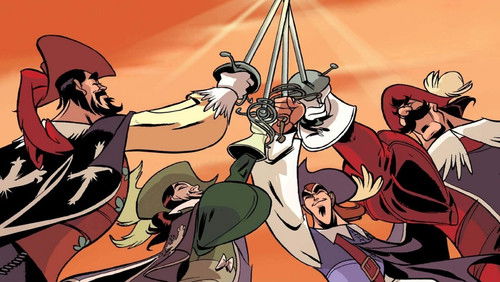Huo shao hong lian si (1994)
39KHuo shao hong lian si: Directed by Ringo Lam. With Willie Chi, John Ching, Yamson Domingo, Chun Lam. An exotic, legendary battle between the forces of good and evil comes to life as the celebrated disciples of the Shaolin Temple — monks who practice a lethal and spiritual form of martial arts — fight the evil followers of China’s Manchu rulers.
“This is one of the finest films to come out of Hong Kongu0026#39;s u0026#39;New Waveu0026#39; that began with Tsui Harku0026#39;s u0026quot;ZU: Warriors of Magic Mountainu0026quot;. Tsui set a tone for the New Waveu0026#39;s approach to the martial arts film that pretty much all the directors of the New Wave (Jackie Chan, Sammo Hung, Wong Jing, Ching Siu Tung, etc.) accepted from then on as a given; namely, the approach to such films thenceforth would need more than a touch of irony, if not outright comedy. u0026quot;Burning Paradiseu0026quot; put a stop to all that, and with a vengeance.u003cbr/u003eu003cbr/u003eItu0026#39;s not that there isnu0026#39;t humor here; but it is a purely human humor, as with the aged Buddhist priest at the beginning who somehow manages a quick feel of the nubile young prostitute while hiding in a bundle of straw. But this is just as humans are, not even Buddhist priests can be saints all the time.u003cbr/u003eu003cbr/u003eWhen irony is at last introduced into the film, it is the nastiest possible, emanating from the u0026#39;abbotu0026#39; of Red Lotus Temple, who is a study in pure nihilism such as has never been recorded on film before. He is the very incarnation of Miltonu0026#39;s Satan from u0026quot;Paradise Lostu0026quot;: u0026quot;Better to rule in Hell than serve in heaven!u0026quot; And if he canu0026#39;t get to Satanu0026#39;s hell soon enough, heu0026#39;ll turn the world around him into a living hell he can rule.u003cbr/u003eu003cbr/u003eThatu0026#39;s the motif underscoring the brutal violence of much of the imagery here: Itu0026#39;s not that the Abbot just wants to kill people; he wants them to despair, to feel utterly hopeless, to accept his nihilism as all-encompassing reality. Thus thereu0026#39;s a definite sense pervading the Red Temple scenes that there just might not be any other reality outside of the Temple itself – it has become all there is to the universe, and the Abbot, claiming mastery of infinite power, is in charge.u003cbr/u003eu003cbr/u003eOf course, fortunately, the film doesnu0026#39;t end there. Though there are losses, the human will to be just ordinarily human at last prevails. (If you want to know how, see the film!) Yet there is no doubt that, in viewing this film, we visit hell. Hopefully, we do not witness our own afterlives; but we certainly feel chastened by the experience – and somehow better for it over all.”
